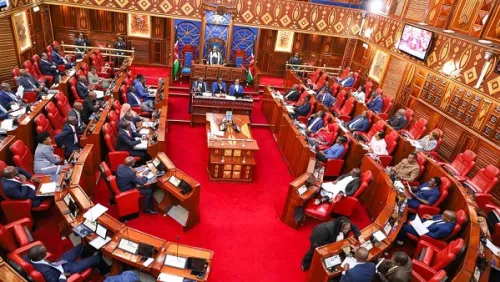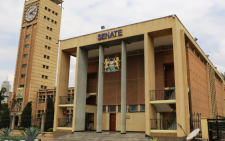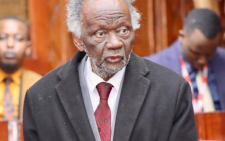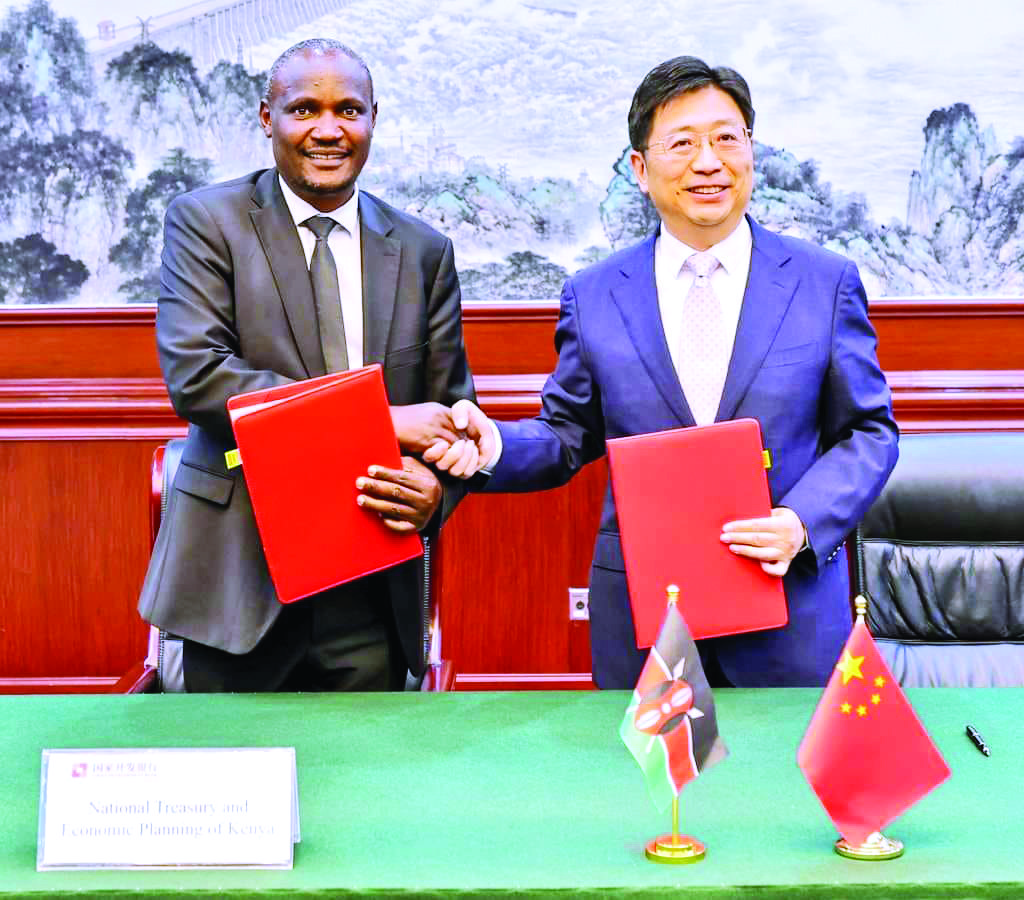Senators showed bad faith by diluting anti-graft bill

I am deeply disappointed and outraged by the actions of our senators, who have effectively dismantled the Conflict of Interest Bill, 2023. This bill was designed to curb corruption in public procurement and ensure that government officials do not exploit their positions for personal gain. However, the amendments passed by the Senate have completely undermined its initial purpose, exposing the country to even greater risks of corruption and abuse of power.
The original provisions of the bill were clear and robust. They prohibited government officers from seeking tenders with public entities and required regular declarations of wealth, including those of their spouses and children. These measures aimed to prevent the unexplained accumulation of wealth and ensure transparency in the financial dealings of public officials.
Yet, senators quashed these critical provisions, giving public officers, including MPs, governors, and ministers, a free pass to openly bag government contracts.
This is not just a minor legislative change; it is a significant betrayal of the public trust. By weakening the bill, the Senate has effectively opened the door for government officials to influence the awarding of lucrative tenders to their own firms and those linked to their relatives and associates. This blatant conflict of interest will only serve to deepen the corruption that has plagued our procurement processes for years.
It is particularly disheartening to see that this move comes at a time when several high-profile officials, including governors, MPs, and ministers, are facing graft charges related to the influence of multibillion-shilling tenders. Instead of strengthening the legal framework to prevent such corruption, our senators have chosen to weaken it, making it easier for public officers to benefit from tenders floated by State agencies.
The amendments also removed the requirement for public officers to declare their income, assets, and liabilities, further eroding the transparency and accountability that are essential in public service. This lack of accountability will only embolden corrupt officials, who can now amass wealth without fear of scrutiny or repercussions. How ironic that in a time when we need more transparency, our leaders have chosen opacity.
Moreover, by deleting clauses that barred public officials from having interests in partnerships and private companies that bag government contracts, the Senate has allowed public officers to acquire interests in entities that do business with the public entities they serve. This is a clear conflict of interest that will undoubtedly lead to more corruption and abuse of power.
The impact of these amendments is far-reaching. They essentially dismantle decades of efforts to curb corruption and promote ethical conduct among public officers. The bill, in its original form, was a beacon of hope for many who believed that we were on the path to a more transparent and accountable government. By weakening it, the Senate has not only betrayed the public trust but has also set a dangerous precedent for future legislation aimed at combating corruption.
It is also worth noting that the bill had received the approval of President Ruto’s Cabinet, which had endorsed the radical sanctions to discourage public officials from doing business with the government to amass ill-gotten wealth.
The Ethics and Anti-Corruption Commission (EACC) has already expressed its dismay at the Senate’s actions, warning that the amendments could render the bill ineffective and hamper anti-corruption efforts. The EACC has petitioned the National Assembly to salvage the bill, emphasising the critical role it plays in curbing corruption.
The agency’s move highlights the gravity of the situation and the urgent need for corrective action. Our leaders must put the interests of the public above their own and take decisive action to combat corruption. The future of our country depends on it.
— The writer is a UN Eminent Peace Ambassador-












